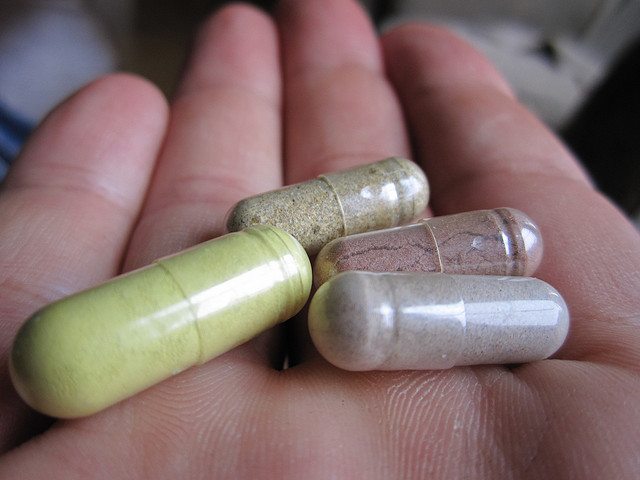Results for: dshea
2015 NHIS Report on Complementary Health Approaches (whatever that means)
Back in 2004, data from the 2002 National Health Interview Survey (NHIS) appeared in a report titled “Complementary and Alternative Medicine Use Among Adults: United States, 2002.” It showed a whopping 62% of adults had used CAM in the past 12 months, but only if prayer for health reasons was included. With prayer excluded, the percentage was substantially lower, at 35%. “CAM”...

Energy Drinks are Risky, Especially for Kids
Should children drink energy drinks? No, it's a terrible idea.
Side effects may include liver failure
“Safe and natural.” It’s a marketing phrase attached to dietary supplements that’s often accepted as self-evident. The marketing works. Supplements have a strong health halo. But evidence suggests that this reputation may be undeserved. Not only are there continued questions about whether most supplements have any health benefits whatsoever, there is also evidence that they can be harmful. We can’t even be...
VacciShield: Pixie dust for an imaginary threat
I know by now I shouldn’t be, but I am still amazed by how readily so many people buy into the seemingly endless array of bogus sCAM nostrums. Many are marketed and hawked for the treatment or prevention of diseases that are poorly managed by science-based medicine. There are countless examples of dietary supplements that are purported to effectively treat back and...
Don’t supplement users deserve consumer protection, too?
The Canadian Parliament, hypothetically protecting consumers since Confederation. One of the most pervasive yet appealing health myths is the idea that natural equals safe. It’s a statement that’s repeated constantly by manufacturers of supplements and “natural” health products. It’s been the primary argument used, with considerable success, to give these products completely different regulatory structures than exist for drug products. Weaker regulation...
Harkin’s folly, or how forcing insurers to cover CAM undermines the ACA
All of us at SBM have repeatedly expressed frustration at the continuing influx of pseudoscience into the health care system. Judging from comments posted on this site and private communications we receive, our readers share this frustration but are at a loss to figure out how to get through to legislators and other policy makers. Unlike naturopaths and chiropractors, we don’t have...
Ngrams and CAM
Ngram is a Google analytic tool/way to waste lots of time on the internet, a byproduct of Google’s scanning millions of books into its database. In a matter of seconds, Ngram scans words from about 7.5 million books, an estimated 6 percent of all books ever published. Type a word or phrase in the Ngram Viewer search box and in seconds a...
The New Cough and Cold Products for Children: Evidence is Optional and Science is Marketing
It’s the time of year where if you’re not sick, someone you know probably is. The influenza season in the Northern hemisphere started out slowly, but seems to be accelerating and hasn’t peaked yet. Add that to cold viruses circulating, and you get the peak purchasing period for cough and cold remedies. John Snyder gave a nice summary of the evidence base...

2013 Legislative Review: placenta take out
It’s official in Oregon now. You can take your placenta, along with your new baby, home from the hospital. This was already a practice among the CAM set but apparently new mothers were running afoul of laws designed to protect us from bio-hazards. New legislation exempts “the removal from a health care facility . . . of a placenta by a postpartum...


